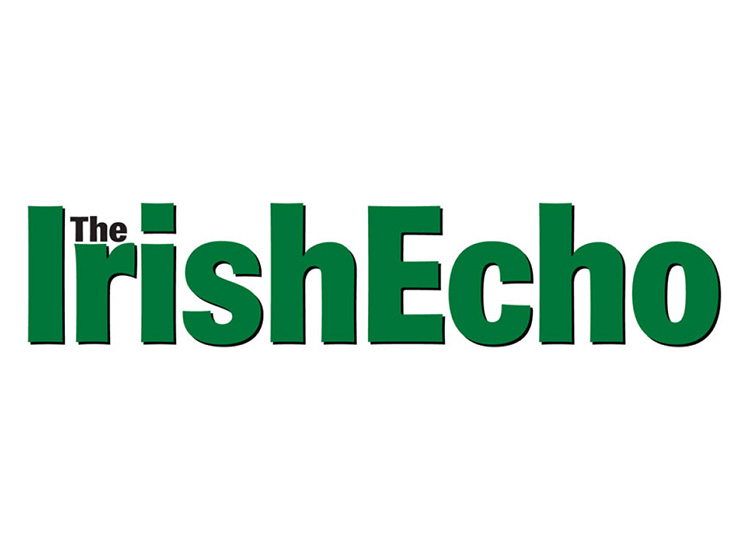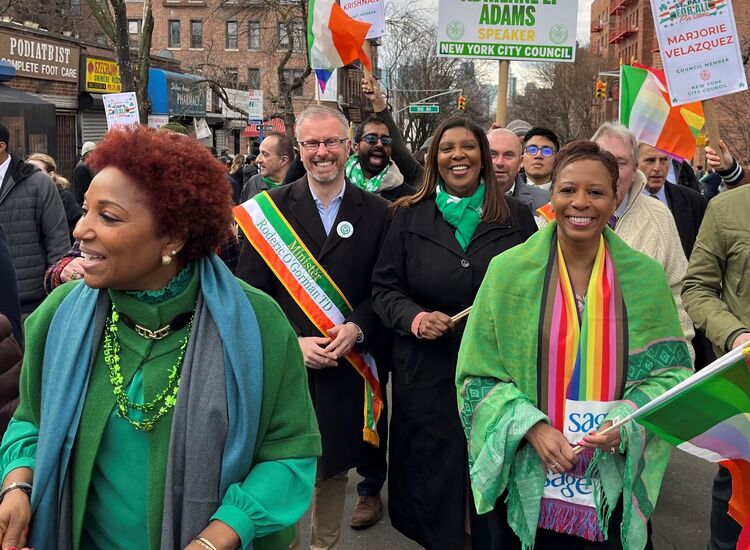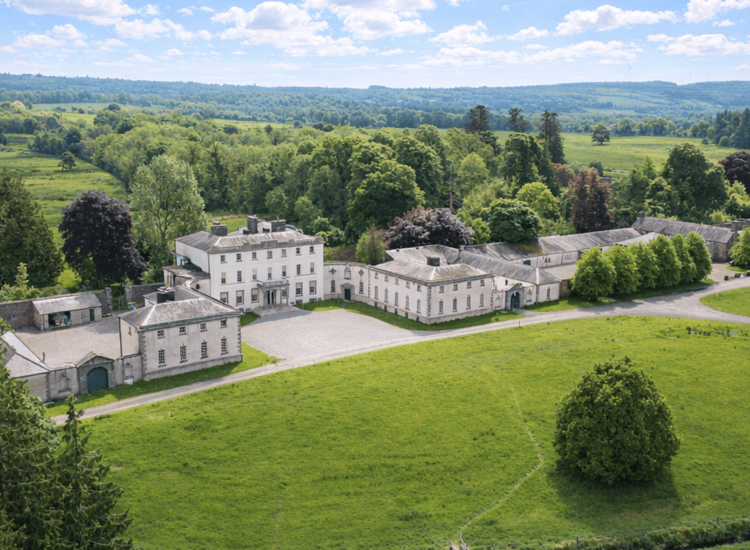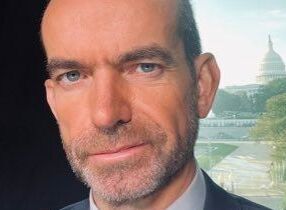The rush is on for Irish passports
By Anthony Neeson
The number of British people applying to become Irish citizens has risen significantly since the UK voted to leave the European Union three years ago.
Most of those applying have been living in the Republic of Ireland for many years before seeking Irish citizenship.
Irish citizenship ceremonies were first introduced in 2011. For the first four years after this, around 60 Britons applied for Irish citizenship per year.
However, the BBC is reporting that in the wake of Brexit that number has grown. In 2016, which was the year of the referendum, 568 Britons applied to become Irish. In 2017 that number grew to 860, while in 2018 the number shot up to 1,200.
Already this year there have been 607 applications up until the end of May.
Over the same period the number of Irish passport applications from Britain – including Northern Ireland – has rocketed from 46,000 to 98,500.
Many of those who spoke to the BBC cite Brexit as the reason that prompted them to seek Irish citizenship.
“If anybody asks me what I am, I say ‘I’m Irish… with an English accent,’” laughed 70-year-old Stephanie McCorkell from Liverpool, who has spent most of her adult life in Ireland.
She added: “I didn’t want to be classified as British, with the nationalism that seems to be creeping in.”
She was also worried that after Brexit she would be separated from her family at airports when she was travelling.
Laurie Kearon (56) was born in England and brought up in Wales before moving to Ireland in 1995.
She first applied for Irish citizenship in 2008.
“It was about €850 to do the completion and at the time I didn’t really have enough money,” she said. “With raising five children it was a lot of money to find, and I let it lapse.
“When Brexit was announced three years ago, I decided to reactivate it.”
She said the ceremony last month had great personal significance for her.
“I love Ireland, it was my savior really. I really love Wicklow, it reminded me of home. I used to be quite homesick, but I’m not anymore.
“I love this country and I love its people.”
She said a part of wanting to be an Irish citizen was wanting to remain European. However, she did admit to it being difficult when watching Ireland play Wales in rugby.








